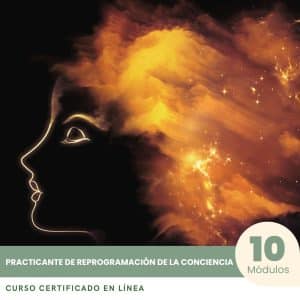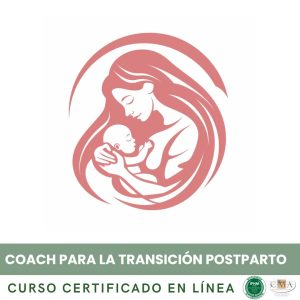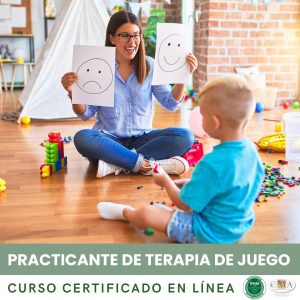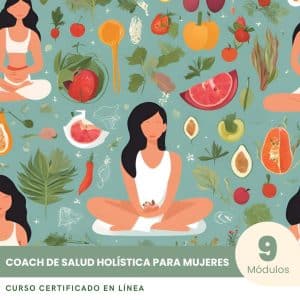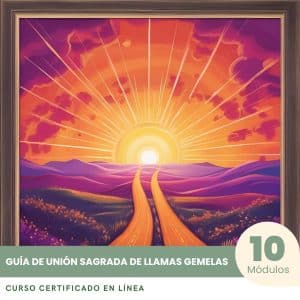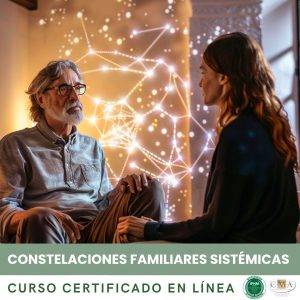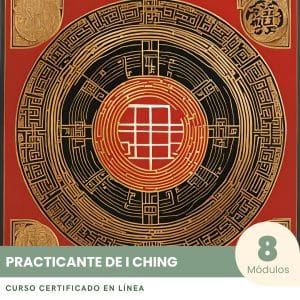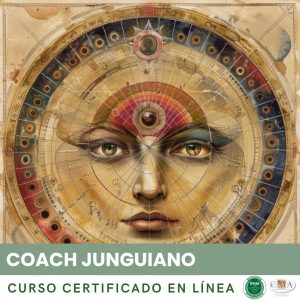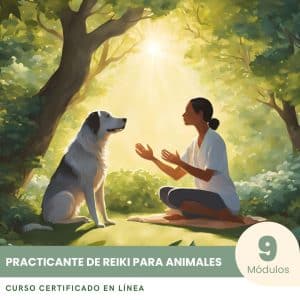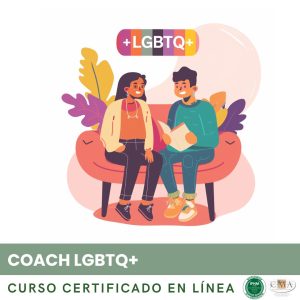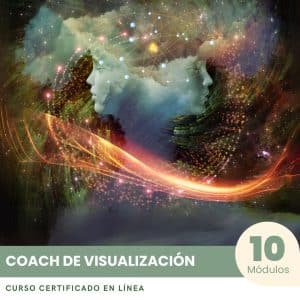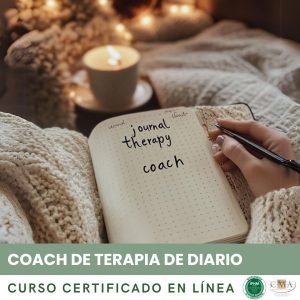4.9 – Common Challenges in Discovering Ikigai

Common challenges in discovering Ikigai are natural obstacles that can arise throughout the process of exploring and realizing one’s purpose. They are inherent in any personal development and quest for meaning, and it is essential to approach them with kindness and lucidity.
One of the most frequent challenges is the fear of the unknown and resistance to change. Committing to the discovery of one’s Ikigai involves accepting to step out of one’s comfort zone, to question one’s habits and beliefs. This can generate anxiety, procrastination, or self-sabotage behaviors. It is then crucial to cultivate a gentle inner dialogue, to remind oneself of the benefits of change and to be surrounded by supportive people.
For example, Sophie, a brilliant but dissatisfied lawyer, long postponed the exploration of her Ikigai for fear of having to leave everything. Working with a coach, she realized that discovering her purpose could be done in small steps, gradually integrating her passions for writing and social justice into her daily life. She began by running a blog on human rights, then proposed writing workshops in associations. These experiences allowed her to validate the resonance of her Ikigai and gain confidence to consider a career change in the medium term.
Another common challenge is the influence of social pressures and external expectations. In a world that often values material success and conformity, it can be difficult to assume lifestyle choices aligned with one’s Ikigai. The fear of judgment, the need for recognition, or familial loyalty can create internal conflicts and slow down the momentum towards one’s purpose.
This was the case for Karim, a talented engineer who dreamed of becoming a chef. Coming from a family that valued scientific careers, he long suppressed this aspiration for fear of disappointing his loved ones. In exploring his Ikigai, he became aware of the importance of living according to his own values and communicating authentically with his surroundings. Thanks to sincere discussions with his family, he managed to gain their support to embark on a fulfilling career change.
The lack of clarity and self-confidence is another frequent obstacle. Faced with the multitude of possibilities and the complexity of the world, it is easy to feel lost, indecisive, or illegitimate in the quest for Ikigai. Doubts, comparisons, and imposter syndrome can undermine motivation and blur vision.
Marie, a talented painter, long doubted her legitimacy to live from her art. Despite positive feedback on her works, she constantly compared herself to other artists and minimized her successes. By working on her self-esteem and clarifying her “Why”, she gradually gained confidence and boldness. She dared to exhibit her paintings, propose courses, and get involved in collaborative projects that resonate with her Ikigai of “awakening creativity in everyone to beautify the world”.
Finally, the difficulty in reconciling the different circles of Ikigai is a recurring challenge. Finding a harmonious balance between one’s passions, talents, the needs of the world, and financial viability can seem like an impossible equation. The risk then lies in compromise, resignation, or over-diversification.
In the face of this challenge, it is essential to be creative, flexible, and persistent. Rather than aiming for perfect reconciliation, it’s about exploring innovative routes, testing original combinations and advancing step by step. The path of Ikigai is rarely linear, it is built through experiences, adjustments, and opportunities.
This is what Tom, a permaculture enthusiast who dreamed of contributing to the ecological transition, went through. Not finding an ideal job, he first created a blog to share his knowledge, while working as a corporate trainer. Thanks to his growing expertise and network, he eventually set up an innovative permaculture school, combining knowledge transfer, project support, and business consulting. By daring to take a hybrid path, he was able to reconcile his different circles in an evolving way.
Overcoming the challenges of discovering Ikigai requires cultivating key qualities such as patience, resilience, adaptability, and self-confidence. It’s by welcoming obstacles as learning opportunities, daring to step off the beaten path and staying true to deep aspirations that one can move forward on the path to one’s purpose. Challenges are invitations to surpass oneself, refine one’s vision and anchor one’s commitment in reality. By approaching them with awareness and kindness, the process of discovering one’s Ikigai transforms into an exciting adventure, full of meaning and inspiring achievements.
Key Takeaways:
– Challenges in discovering Ikigai are natural and inherent in any personal development and quest for meaning.
– The fear of the unknown and resistance to change can generate anxiety, procrastination or self-sabotage. It is crucial to cultivate a gentle inner dialogue and surround oneself with supportive individuals.
– Social pressures and external expectations can create internal conflicts and slow down the momentum towards one’s Ikigai. It is important to live according to one’s own values and to communicate authentically with one’s surroundings.
– The lack of clarity and self-confidence can undermine motivation and blur the vision. Working on one’s self-esteem and clarifying one’s “Why” helps gain confidence and audacity.
– Reconciling the different circles of Ikigai can seem complex. It’s essential to be creative, flexible, and persistent, exploring innovative paths and advancing step by step.
– Overcoming the challenges requires cultivating qualities such as patience, resilience, adaptability, and self-confidence. Obstacles are learning opportunities to surpass oneself, refine one’s vision, and anchor one’s commitment.
👉 To download docx (Editable) file click here : Click here
👉 To download PDF file click here : Click here
👉 To download MP3 file click here : Click here




